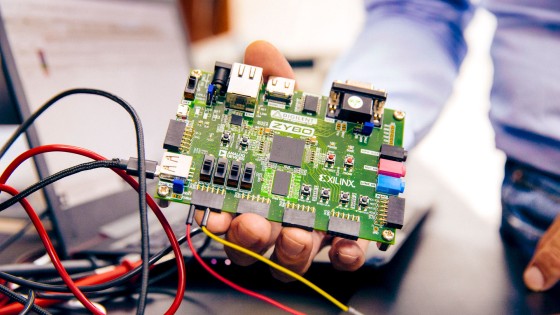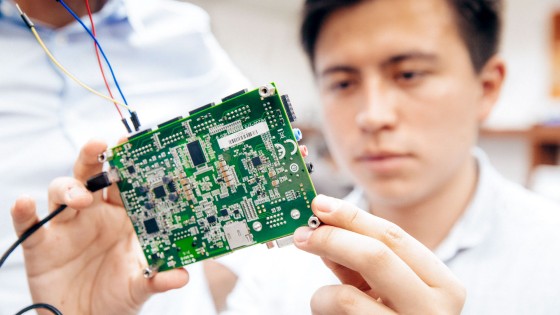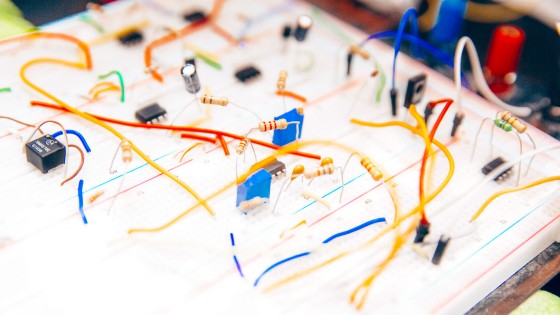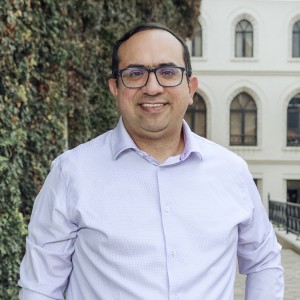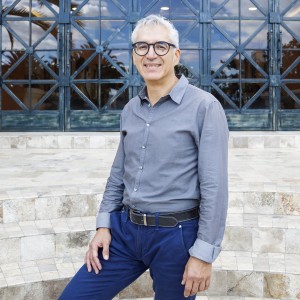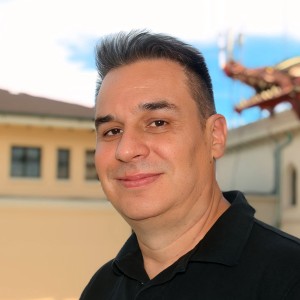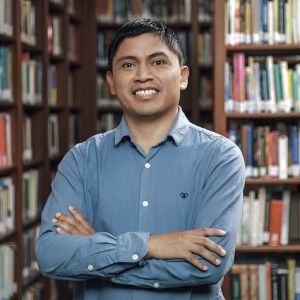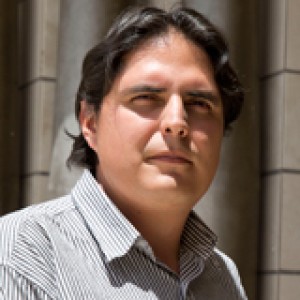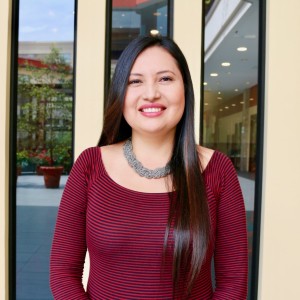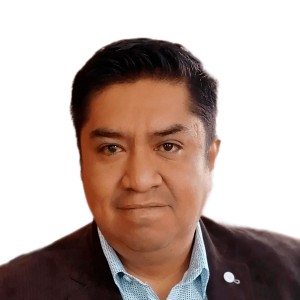Electronics Engineering
"Be successful in a changing world"
Electronics Engineering
The Electronics Engineering program focuses on the study of the methods and technologies that allow system automation, voice, data, and image communication, as well as complex device optimization. The program prepares students to have the ability to design, install, operate, and maintain electronic systems used for the automation of industrial processes and telecommunications.
The Electronics Engineering program seeks to transform traditional ways of working and producing. Its goal is for individuals to develop more accurate, quick, and optimized manual tasks using electronic technology. Additionally, the plan of study focuses on improving the processes of acquiring, storing, and processing sensitive information that optimize decision-making in creative ways, as well as focusing on increasing the quality of processes and their value chain.
Advantages
- The Electronics Engineering program at USFQ is equipped with state-of-the-art laboratories in Telecommunications, Industrial Electronics, Microprocessors, Digital Systems, Electrical Machines, and Microelectronics.
- The Electronics Engineering program has full-time faculty members who hold degrees from top universities in the United States and Europe.
- The academic curriculum of the Electronics Engineering program at USFQ is the most modern in the country, as it is reviewed and updated annually to stay aligned with the latest advancements in the field.
- Courses in Electronics Engineering program are focused on development and research in emerging topics. The outcomes of these research projects are presented annually at national and international conferences.
- Throughout their studies, Electronics Engineering students at USFQ have the opportunity to study for up to one year at one of the world’s top universities through exchange agreements held by USFQ.
- After completing their degree, Electronics Engineering graduates may undertake professional internships at international companies, sponsored by USFQ.
- Electronics Engineering students at USFQ receive a strong foundation in basic sciences (Mathematics, Physics, Chemistry, Computing), Socratic courses (Self-Knowledge, Arts, Humanities, Social Sciences, etc.), and specialized courses in the most current technological topics."
Professional profile
Graduates of the Electronics Engineering program have extensive theoretical and practical knowledge in their field, allowing them to pursue their professional future as:
- Highly trained technicians in telecommunications, industrial control, or microelectronics, allowing them to begin their professional career immediately after graduation.
- Entrepreneurs who form their own companies related to electronics engineering.
- Graduate students looking to obtain their master's and doctorate degrees, at local or international universities.
USFQ graduates are highly valued in the job market because their studies are not only limited to technical studies, but also include social development studies such as sports, arts, English, economics, among others, providing them with a very broad vision of the world, its problems, and its possibilities for development.
Professional field
Electronics engineers work in mobile and fixed telecommunications industries, Internet service companies, and in cellular and satellite communications industries.
They are needed by firms that install and maintain industrial equipment for manufacturing and process control.
Electronics engineers design and build control and robotics systems. The private industry sector is the main beneficiary, followed by state oil and electricity companies.
Electronics engineers are hired by companies that offer design and maintenance services for electronic equipment used in hospitals, airports, and the industry in general. They make home automation designs, design microwave links, and can optimize telecommunication systems.
The semiconductor industry also employs a large number of electronics engineers with microelectronics knowledge for the development and optimization of integrated circuits.
Testimonials
Testimonials from our Students:
"The course taught at USFQ in collaboration with professors from Stanford University (USA) is a top level one and what is taught in the USFQ course has been very useful to me."
- Luis Miguel Prócel, Electronic Engineer, 2007
"USFQ's academic level is higher than that of Finnish postgraduate students that begin their graduate level studies. I feel very comfortable and I think I can perform and succeed in this competitive environment."
- José Pablo Valarezo, BS Electrical Engineering, 2008
Comments from our professors:
"The USFQ Electronic Engineering degree program is superior to the curricula of many universities in North America and Europe."
- Lionel Trojman, professor of Microelectronics
"Students who graduate as USFQ Electronic Engineers are highly valued by the local and international industry and reap professional triumphs."
- René Játiva, professor of Telecommunications
International Accreditation
Documentación
Program Educational Objectives (PEO)
Engineering Professionals
PEO 1: Demonstrate a solid understanding of the fundamental principles, methods, practices, and software tools used in Electronics Engineering and its related fields, capable of creating and innovating, working in multidisciplinary teams with other engineers and professionals of different areas, demonstrating a commitment to ethics and social responsibility.
Leaders and Entrepreneurs
PEO 2: Act as leaders and entrepreneurs with skills focused on designing, developing, and implementing engineering solutions.
Humanist
PEO 3: Embrace the philosophy of the liberal arts as a positive and integral agent of society, continuously proposing creative solutions.
Continuous Learning
PEO 4: Exercise constant improvement as engineers through professional development programs, graduate programs, training, and independent research following the liberal arts philosophy to contribute to technological and sustainable development practices.
Student Outcomes (SO)
SO 1: An ability to identify, formulate, and solve complex engineering problems by applying principles of engineering, science, and mathematics.
SO 2: An ability to apply engineering design to produce solutions that meet specified needs with consideration of public health, safety, and welfare, as well as global, cultural, social, environmental, and economic factors.
SO 3: An ability to communicate effectively with a range of audiences.
SO 4: An ability to recognize ethical and professional responsibilities in engineering situations and make informed judgments, which must consider the impact of engineering solutions in global, economic, environmental, and societal contexts.
SO 5: An ability to function effectively on a team whose members together provide leadership, create a collaborative and inclusive environment, establish goals, plan tasks, and meet objectives.
SO 6: An ability to develop and conduct appropriate experimentation, analyze and interpret data, and use engineering judgment to draw conclusions.
SO 7: An ability to acquire and apply new knowledge as needed, using appropriate learning strategies.
Academic Faculty
Institute of Electrical and Electronics Engineers (IEEE) The IEEE is the world's largest professional organization, with more than 400,000 professional and student members from five continents. USFQ has the IEEE-USFQ Student Branch, which is responsible for organizing talks by prestigious international and national engineers and organizing events and student conferences. For more information: www.ieee.org

